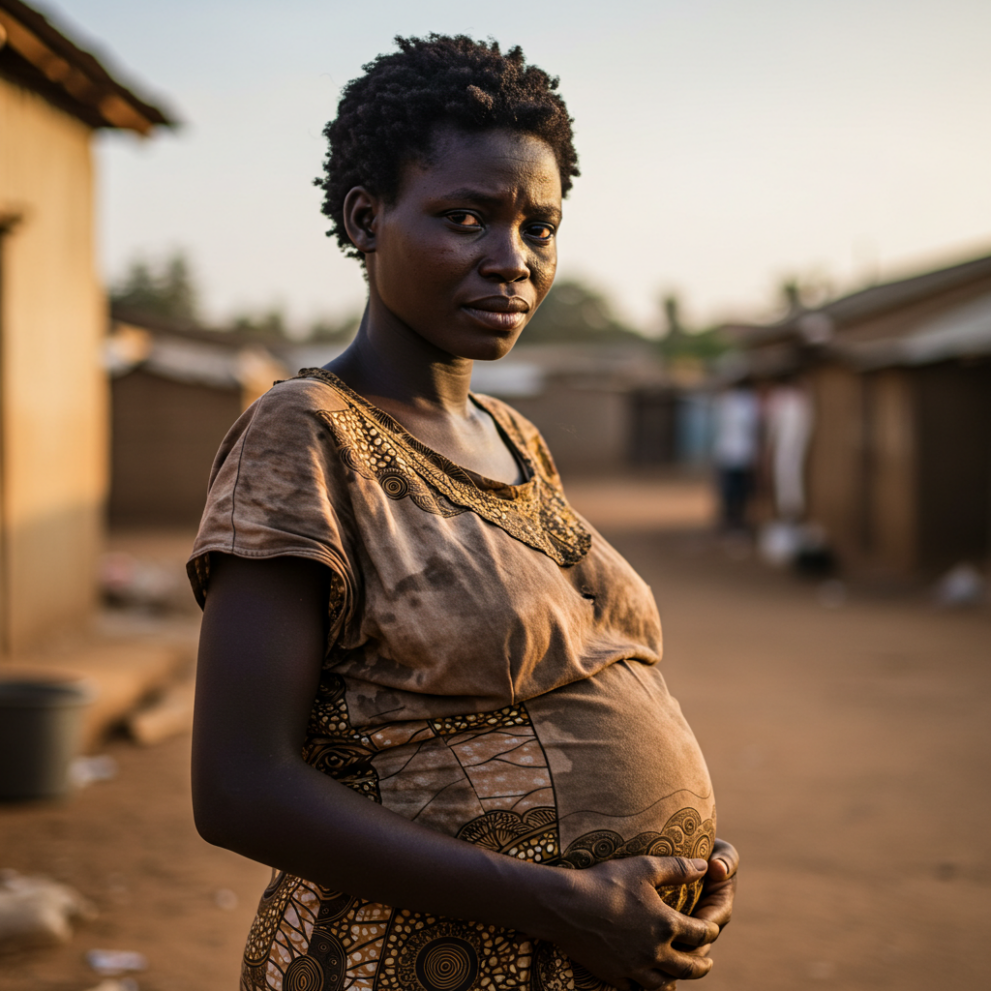In the farming community of Dabillipuo in the Wa East District, residents are raising urgent calls for improved maternal healthcare infrastructure to prevent tragic outcomes during childbirth. Without a dedicated labour room at their Community-based Health Planning and Services (CHPS) compound, expectant mothers face perilous journeys to distant facilities, compromising both maternal and neonatal safety.
Community health volunteer Andrews Dari Dagil described the ordeal women endure when complications arise at the CHPS compound. He explained that although a midwife is stationed locally, the absence of a proper delivery room forces referrals to the nearest health centre in Busa—over twenty kilometres away along poorly maintained roads. Dagil lamented that many women “have to deliver on their way to Busa,” recounting harrowing instances where labouring mothers gave birth in tricycles en route to skilled care.
One such mother, Monica Dari Antria, shared her near-fatal experience during an emergency delivery. In a voice still trembling from memory, she recounted lying in a blood-soaked tricycle for the entire journey, fearing for her life as she raced toward the Busa Health Centre. “It was not easy for me. I nearly died. I had to lie in the tricycle with the blood and everything,” she said, elaborating on the impossible choice the lack of local facilities imposes on vulnerable women.
At the CHPS compound itself, the situation remains equally dire. The midwife’s office has been converted into an improvised labour room, yet it lacks the space and equipment to manage deliveries safely. The same office doubles as the outpatient department and a makeshift detention room where benches serve as beds, forcing staff to juggle critical functions within inadequate quarters.
Residents warn that without swift intervention, Ghana’s national goals to reduce maternal mortality and achieve the Sustainable Development Goals will remain out of reach. The community’s plea aligns directly with SDG target 3.1, which aims to cut the global maternal mortality ratio to fewer than seventy per 100,000 live births by 2030, and SDG target 3.2, which seeks to lower neonatal mortality to at least twelve per 1,000 live births and under-five mortality to twenty-five per 1,000 live births in the same timeframe.
The people of Dabillipuo are appealing to the Ghana Health Service, the District Assembly, and philanthropic partners to establish a proper delivery suite at their CHPS compound. By doing so, they hope to eliminate the life-threatening journeys expectant mothers now face and bring skilled, safe childbirth services directly to their community’s doorstep. Should these demands be met, both mothers and newborns in Dabillipuo would stand a far better chance of surviving and thriving beyond their first hours of life.
Source: Dabillipuo residents appeal for enhanced maternal healthcare service | Ghana News Agency



